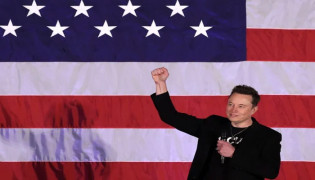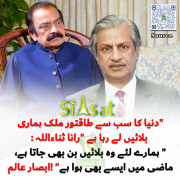jigrot
Minister (2k+ posts)
The global balance of power is undergoing a significant transformation. The long-standing dominance of the United States and its Western allies is being challenged by emerging powers like China and Russia, signaling a move from a unipolar to a multipolar world.
Recent events, such as India’s air attack on Pakistan followed by Israel’s strikes on Iran, reveal a failed attempt by U.S.-aligned powers to destabilize key Muslim nations. Pakistan’s strong defense and Iran’s direct retaliation showed that old strategies of coercion are losing effectiveness.
Meanwhile, China and Russia’s growing influence offers many countries alternative partnerships focused on sovereignty and mutual benefit, reducing Western control.
This shift means power is becoming more distributed globally, leading to new alliances and challenges. The era of Western hegemony is ending, making way for a more complex and interconnected world where influence is shared among multiple actors.
Understanding this shift is vital for global peace and cooperation in the years ahead
Recent events, such as India’s air attack on Pakistan followed by Israel’s strikes on Iran, reveal a failed attempt by U.S.-aligned powers to destabilize key Muslim nations. Pakistan’s strong defense and Iran’s direct retaliation showed that old strategies of coercion are losing effectiveness.
Meanwhile, China and Russia’s growing influence offers many countries alternative partnerships focused on sovereignty and mutual benefit, reducing Western control.
This shift means power is becoming more distributed globally, leading to new alliances and challenges. The era of Western hegemony is ending, making way for a more complex and interconnected world where influence is shared among multiple actors.
Understanding this shift is vital for global peace and cooperation in the years ahead


































